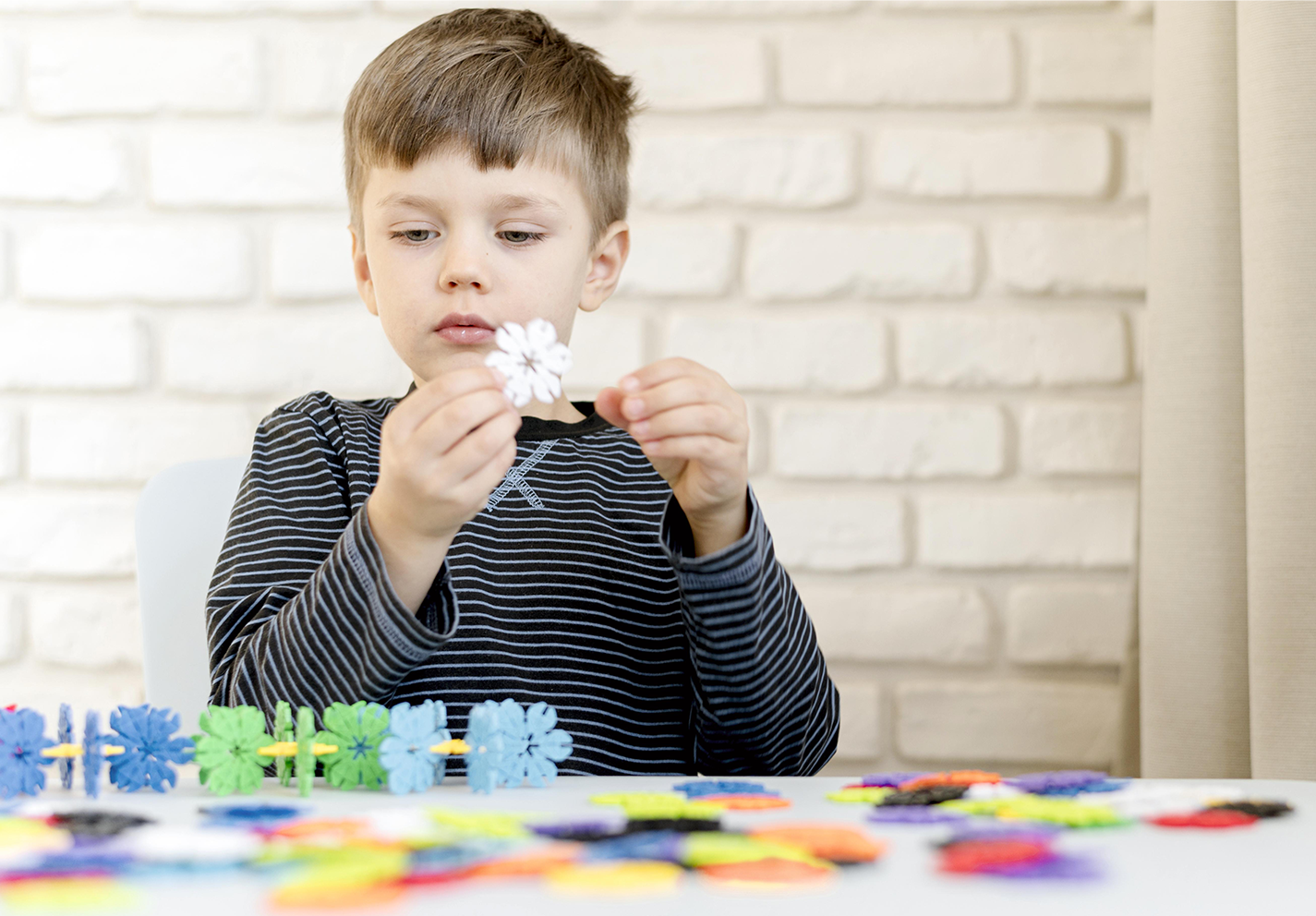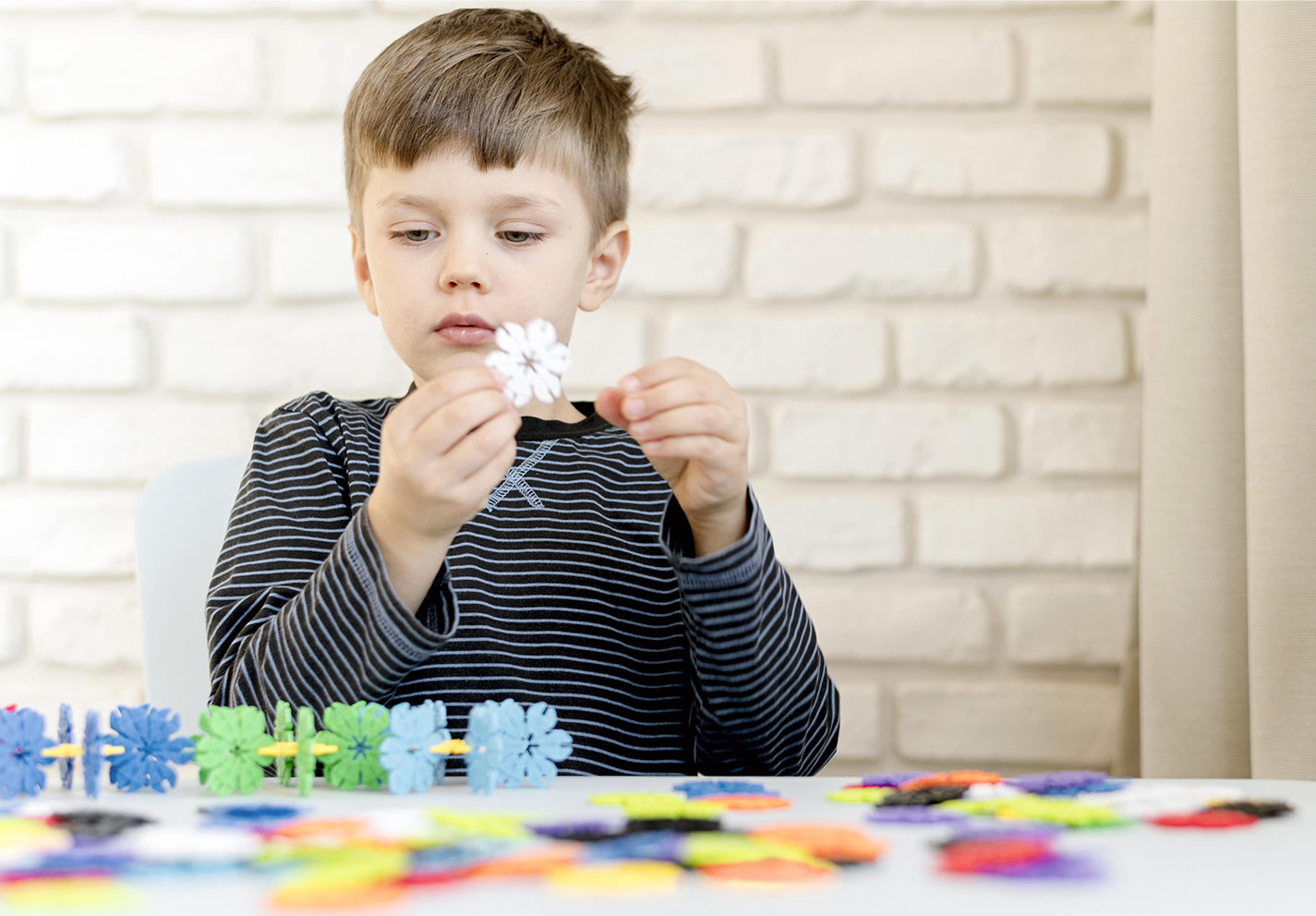The Long-Term Impact of Increased Screen Time on Children Cognitive Development
Published on April 25, 2025

In today’s digitally driven world, striving for a screen-free society, especially for children, may sound idealistic, but it is necessary. Among the many challenges posed by increased screen time, one of the most alarming is its long-term effect on children’s cognitive development.
The COVID-19 pandemic reshaped the world in many ways, pushing education, entertainment, and even social interaction into the digital realm. Children, regardless of their age, were suddenly thrust into a lifestyle where screens became the central medium for learning, communication, and recreation. While online learning was a critical solution during this time, it also significantly increased the number of hours children spent on screens.
This surge raises a crucial question: if screen time is academically driven, why is it harmful to cognitive development? The answer lies in the way children interact with screens. Children are highly impressionable and easily swayed by the allure of entertainment and games available on smartphones and tablets. What begins as academic use often spills over into passive screen consumption like watching videos, scrolling through apps, or playing video games for extended periods. Over time, this kind of interaction can impair attention span, reduce memory retention, and limit problem-solving abilities.
Children’s brains are in their most formative phase during early development, so engaging them with the real world through touch, play, movement, and face-to-face communication is essential for developing critical thinking, emotional regulation, and creativity. Excessive screen exposure can crowd out these vital learning opportunities, making children more dependent on instant gratification and less capable of handling complex thought processes.
Effective Strategies for Reducing Screen Time:
- Encourage physical activities: Physical activity helps in building coordination, focus, and social skills.
- Introduce creative learning activities: Art, music, storytelling, or puzzles engage different parts of the brain and foster creativity.
- Promote parent-child bonding: Activities like cooking together, reading books, or playing board games enhance emotional intelligence and communication.
- Organize picnics and family outings: These reduce screen time and expose children to real-world experiences.
- Limit screen usage and set boundaries: Use tools to monitor screen time and encourage mindful usage.
In conclusion, while technology has its place, it’s vital to strike a balance. Creating a screen-free environment for children helps nurture their minds, encourage healthy habits, and ensure they develop the cognitive skills necessary for future success.





